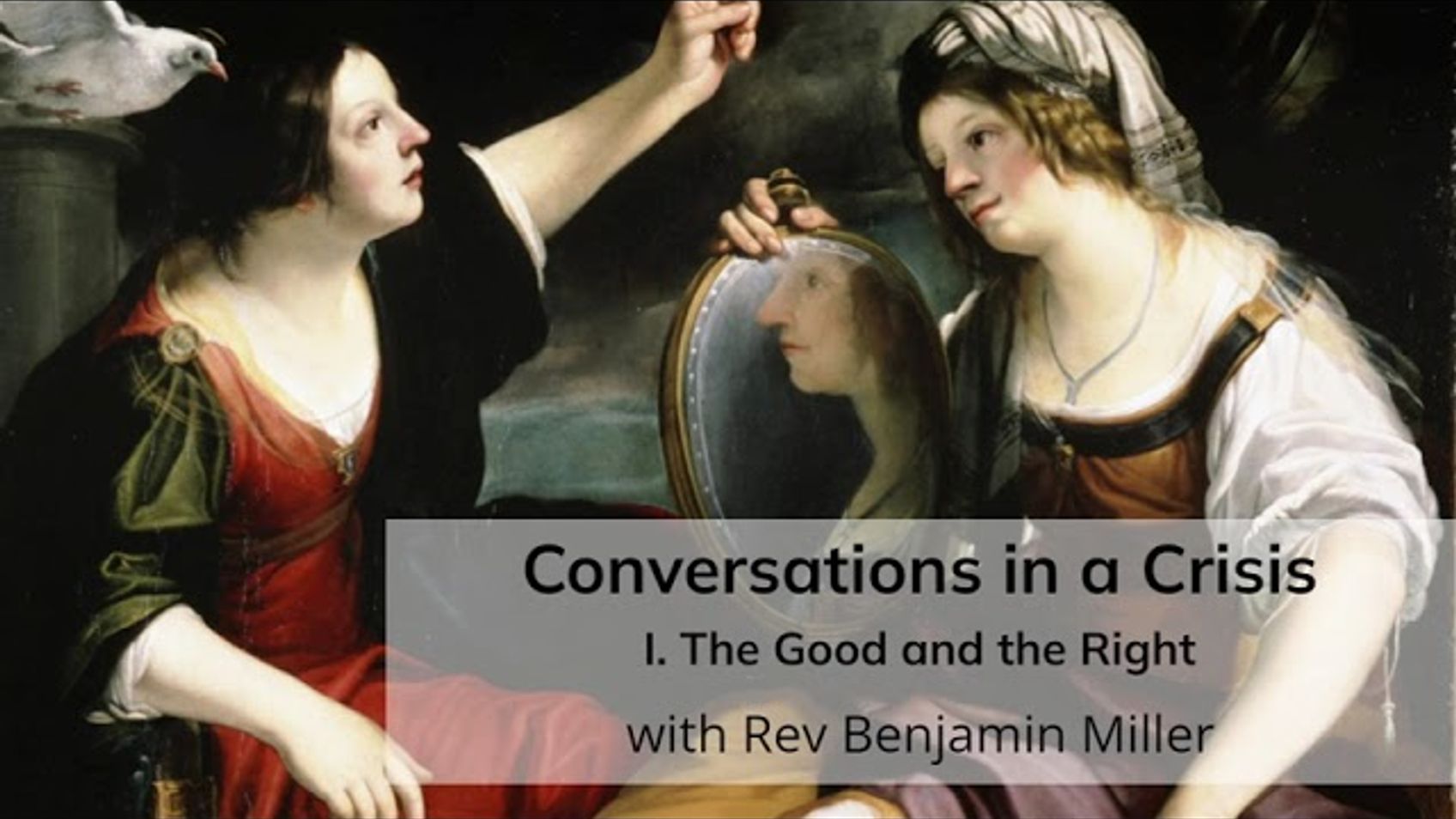
Conversations in a Crisis: Part I: The Good and the Right (with Rev Benjamin Miller)
Alastair RobertsConversations in a Crisis: Part I: The Good and the Right (with Rev Benjamin Miller)

Faced with our challenge of remaining faithful within and addressing our various contemporary societal crises with wisdom, Christians and churches are fracturing over our differing approaches and postures. My friend Ben Miller suggested that we have a series of conversations, to help us to pursue greater clarity on the principles, virtues, duties, and practices that can equip Christians to meet such difficult times with prudence, insight, and courage.
If you are interested in supporting my work, please consider becoming a patron on Patreon (https://www.patreon.com/zugzwanged), donating using my PayPal account (https://bit.ly/2RLaUcB), or buying books for my research on Amazon (https://www.amazon.co.uk/hz/wishlist/ls/36WVSWCK4X33O?ref_=wl_share).
You can also listen to the audio of these episodes on iTunes: https://itunes.apple.com/gb/podcast/alastairs-adversaria/id1416351035?mt=2.
More From Alastair Roberts
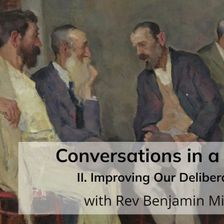
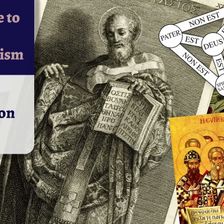
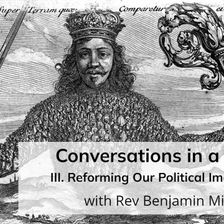
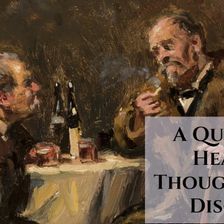


More on OpenTheo














